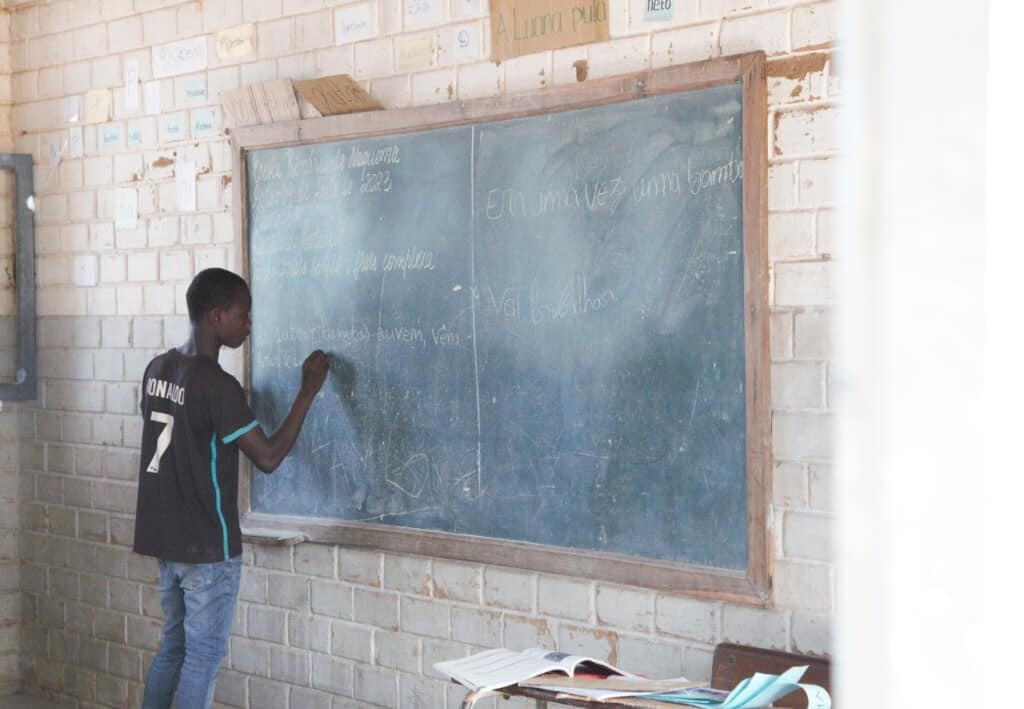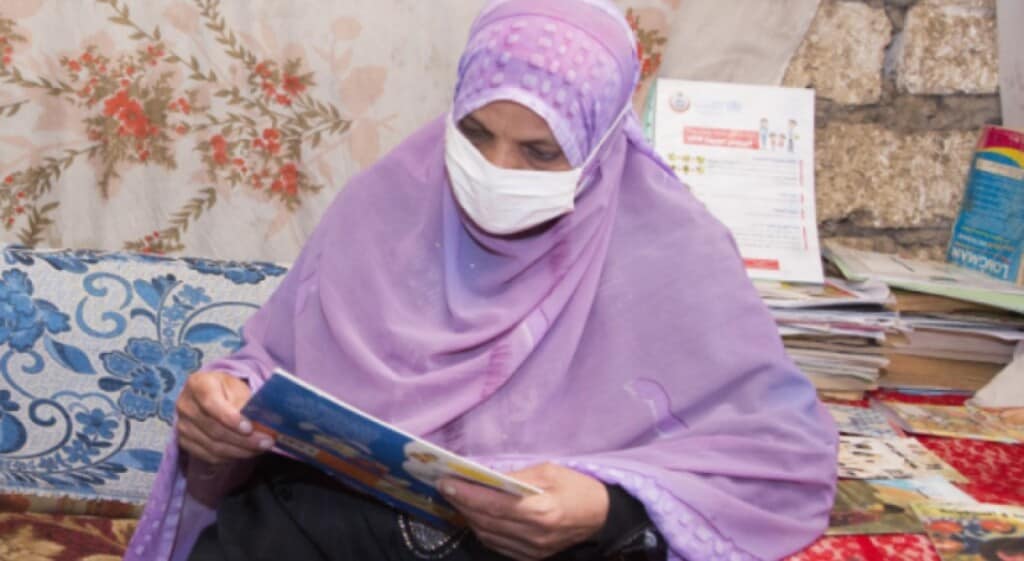Shifting the Paradigm of Top-Down Research: Youth-Led Research on ICT Instruction and Positive Youth Development in Schools in Saint Lucia
Terrace Level, Tuttle North | 8:00–9:30am
A global survey by the International Labor Organization found that the decrease in youth earnings and earning potential resulting from business closures during the COVID-19 pandemic negatively affected youth’s mental health and optimism towards the future. These challenges have exposed the need for quality instruction to develop students’ skills for employability and workforce readiness. This presentation will examine the power of youth-led research to protest the traditional research paradigm and include youth in designing the solutions to address the challenges they face and to build their futures.
Saint Lucia ConnectEd Activity: Strategies for Ensuring Long-Term Impact of ICT-Teacher Training, Youth Digital Skills Development, and OER Creation
Terrace Level, Orchid A | 9:45–11:15am
The USAID-funded Saint Lucia ConnectEd Activity, codesigned and implemented by World Education and the Ministry of Education in Saint Lucia, aims to develop youth digital skills, foster positive youth development, and improve the quality of teaching and learning by equipping secondary school teachers and students to become digital literacy leaders within their respective schools and communities. This presentation will explore the way ConnectED has intentionally built long-term sustainability into operationalizing its goals as well as reflect on what strategies have been most effective, challenges confronted, and learnings that will guide future work.
A Case Study of an Intergenerational and Family Literacy Programme in Egypt
Terrace Level, Gardenia C | 6:30-8:00pm
Ample evidence shows that educated parents (often linked to socio-economic status) tend to prioritize their children’s education more than those without an education and thus their children are more likely to perform better in school. This case study describes an intergenerational family literacy program that helps mothers of primary-school-aged children in rural areas of Egypt learn to: (1) read or improve their nascent reading skills, (2) help their children succeed in learning to read in school, and (3) have productive discussions with their husbands and other family members about how they, too, could help their children learn to read well.




